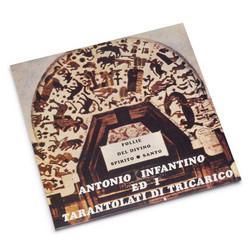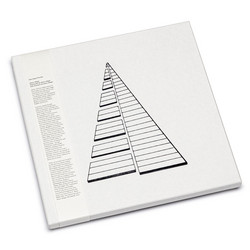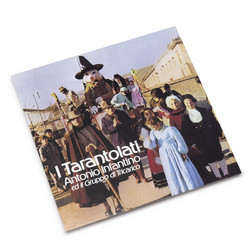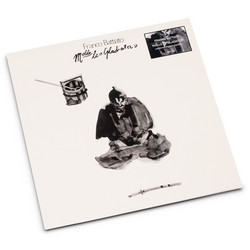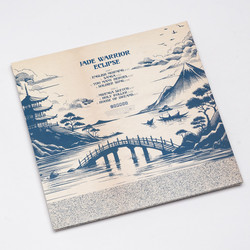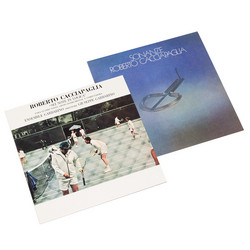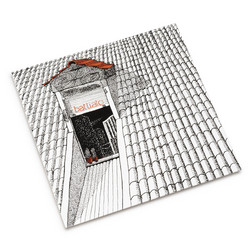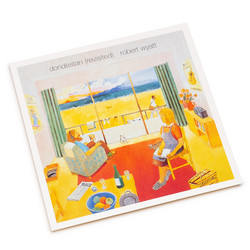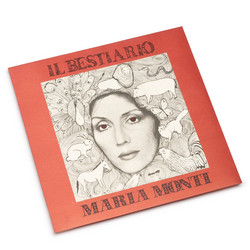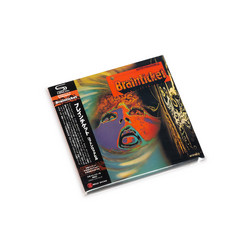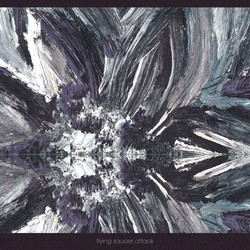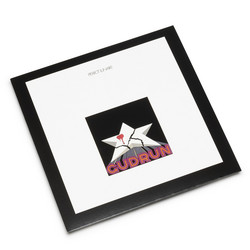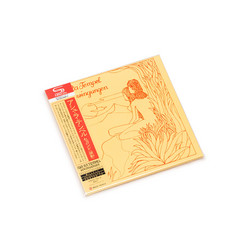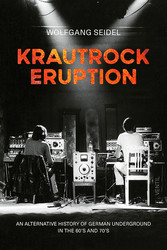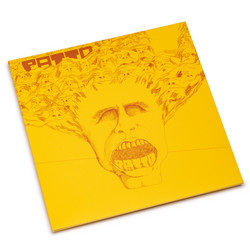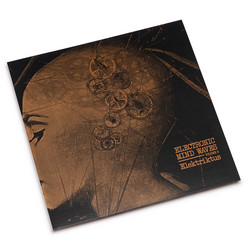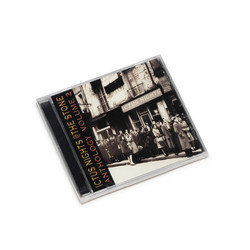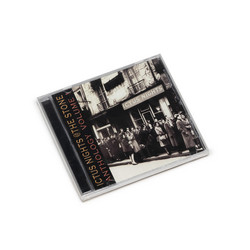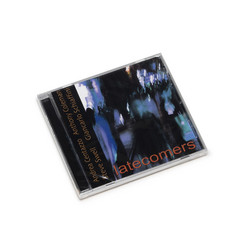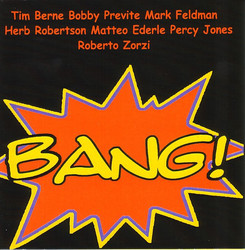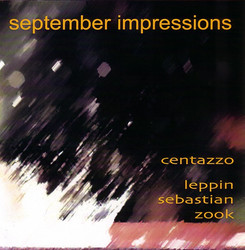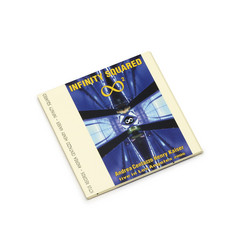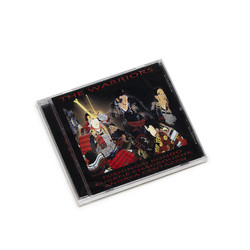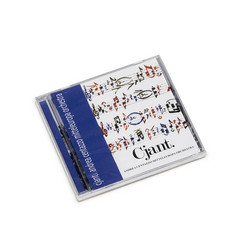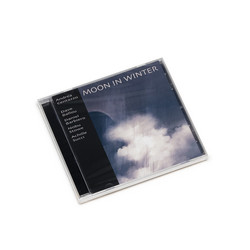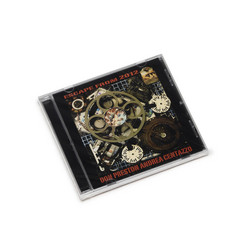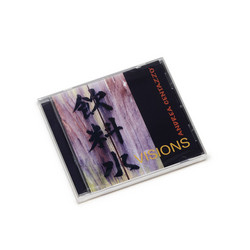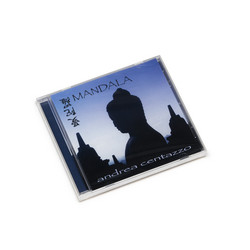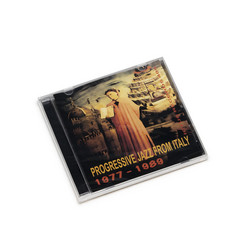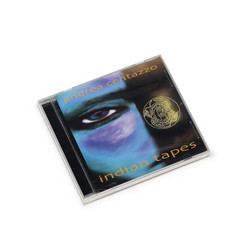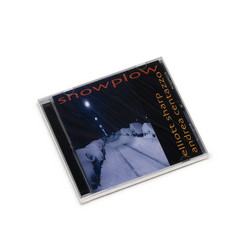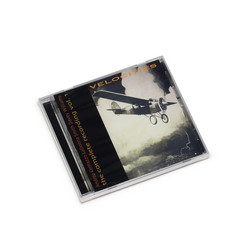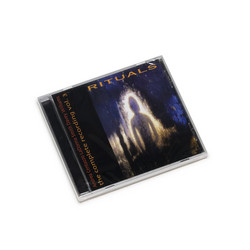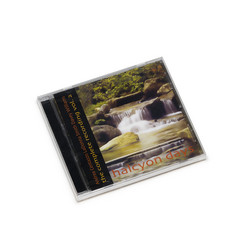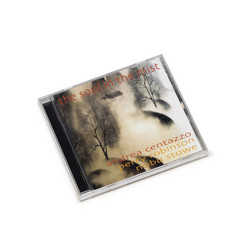In the summer of 1976, a peculiar album appeared in Italian record shops bearing no artist name - only the cryptic moniker Elektriktus. The music posed a question that wouldn't be answered for decades: who had created this hybrid of jazz sensibility and kosmische synthesis? The answer was hiding in plain sight. Andrea Centazzo - recognized figure in European free improvisation who had shared stages with Steve Lacy, Evan Parker, and Derek Bailey - had been leading a double life between touring with Giorgio Gaslini's quartet, conducting experiments with Minimoog, Davolisint, and the GEM Rodeo 49 synthesizer.
PDU Records - owned by pop icon Mina and Italy's primary distributor for German avant-garde labels including Brain, Kosmische Musik, and Pilz, making PDU the Italian gateway to Ash Ra Tempel, Popol Vuh, Cosmic Jokers, and the broader kosmische scene, often releasing these albums in prestigious Quadraphonic editions - recognized the value of what Centazzo had created but worried his jazz identity would confuse the cosmic electronics market. The solution: create Elektriktus as pseudonym, fusing "electronic" with "Ictus," the name Centazzo would give to his own label and percussion series.
Where German kosmische musik tended toward the infinite and abstract - Conrad Schnitzler's austere minimalism, Tangerine Dream's sequencer-driven expanses - Centazzo's electronic music retained tactile, physical quality. Franco Feruglio's upright bass walks and breathes, remembering northern Italian folk traditions. Centazzo's percussion maintains the rhythmic intelligence of jazz improvisation even when filtered through electronics. Electronic Mind Waves presents a heady dive into mystical electronics at the intersection of kosmische consciousness and jazz improvisation. Each of the eight tracks unfolds as its own sonic meditation, incorporating otherworldly themes through wild synth lines played against meandering bass patterns and Centazzo's driving yet nuanced percussion - pushing the listener into cosmic spaces while maintaining the tactile, almost physical quality that distinguishes Italian cosmic music from its German counterparts.
These eight synth-fueled tracks sound close to what kraut/cosmische heads were doing at the time - think Conrad Schnitzler, Deuter, or Cosmic Jokers, and also other European experimentalists like Richard Pinhas' Heldon, Spacecraft, Didier Bocquet, Seesselberg, F.G. Experimental Laboratory, Roberto Cacciapaglia, or Hydrus. Elektriktus represents the most adventurous experimental sounds under kosmische influence to emerge from Italy. What made Electronic Mind Waves significant wasn't imitation of German models, but transformation of them through Mediterranean sensibility and freeform jazz ethos.
The album's 1976 appearance came at a pivotal moment. Rock Progressivo Italiano - the movement that had produced the political complexity of Area, the folk-inflected experimentation of Stormy Six, the symphonic ambitions of Le Orme - was entering terminal crisis. Elektriktus arrived into this collapse: anonymous, difficult to market, structurally uncommercial. Poor distribution ensured its swift disappearance. But as often happens with prematurely buried artifacts, the album acquired an afterlife in collector circles, becoming whispered legend - a forgotten electronic gem that not only reflected the Italian craze for space synth, but looked north to the genius of electronic Krautrockers while maintaining distinctly Mediterranean character.
Strongly recommended to fans of minimal electronic music, kosmische sounds and ambient soundscapes.
